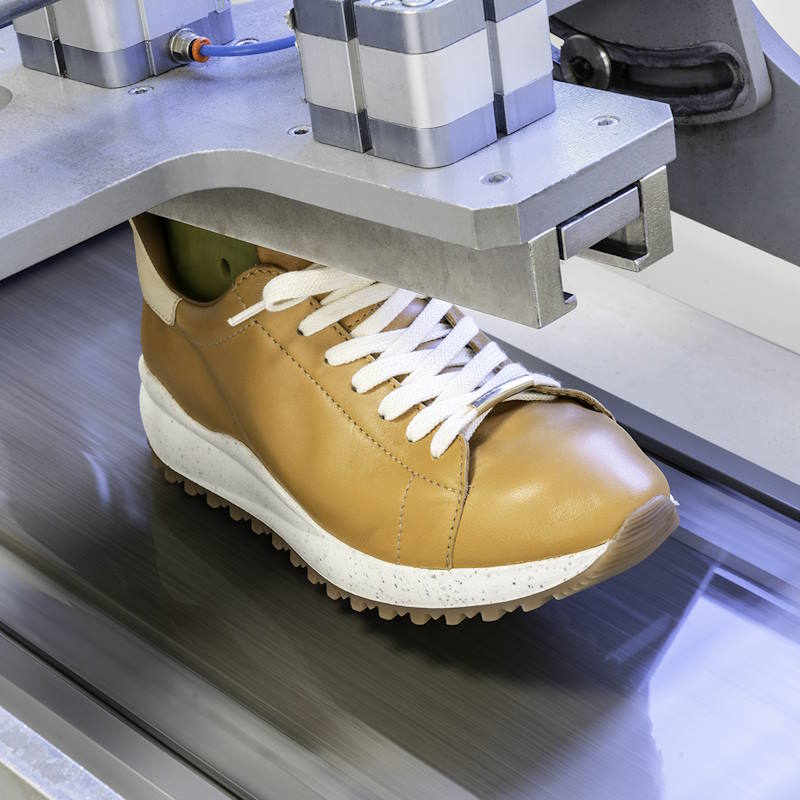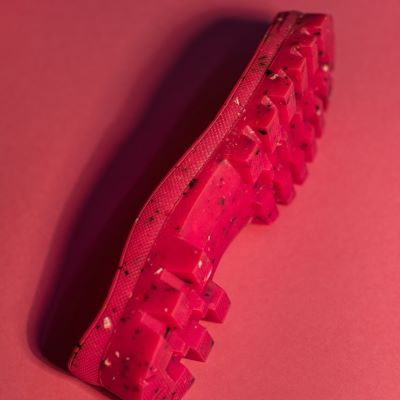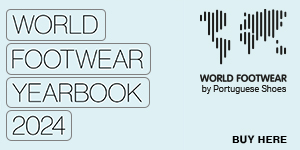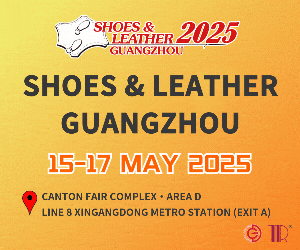Comfort is key to buying shoes in Portugal

Comfort is a key factor in the purchase decision of Portuguese consumers, followed by a preference for national products, according to a LIPOR study on footwear consumer behaviour
As part of the BioShoes4All project, LIPOR (Intermunicipal Waste Management Service of Greater Porto) has carried out an in-depth study of the footwear consumption behaviour of Portuguese consumers to better understand the life cycle of products and help promote sustainable practices in the sector. The study ‘Consumer Behaviour – Footwear’ collected a total of 393 responses from people aged 18 and over living in continental Portugal (53% female).
According to the data obtained, Portuguese consumers buy an average of two pairs of shoes per year at an average price of between 41 and 60 euros per pair, depending on the consumers’ income bracket. The study also found that comfort is a key factor in purchasing decisions, followed by a preference for national products. Sustainability and eco-design are the least influential factors.
Consumers also expressed concerns about hygiene and the fit and deformation of footwear when considering this type of used item, but were open to repair as a way of extending the life of their shoes. This conclusion underlines the need for awareness-raising campaigns and improvements in footwear collection and recycling infrastructures.
Circular Economy
Although sustainability was found to be one of the less influential factors in the purchase decision, this study has allowed the characterisation of national consumers on some key points related to the topic, providing a general overview of the challenges and opportunities for a circular economy in the footwear sector.In terms of shoe usage, consumers typically have between 6 and 10 pairs of shoes being worn in their wardrobe, which are worn between 1 and 3 years. Women tend to own more pairs of shoes (more than 11 pairs) than men (1 to 5 pairs), and 19% of women wear their shoes for more than 6 years, compared to only 8% of men.
Concerning repair and durability, the study found that the sole is the most worn part of the shoe, followed by the insole and the lining, and that most consumers repair their shoes to extend their useful life. Consumers over 50 are more likely to repair their shoes than younger consumers, and women are more likely to repair their shoes (57%) than men (40%).
Finally, as regards the disposal of footwear, consumers discard on average one pair of shoes per year, mainly when they are worn out or no longer fit. Footwear in poor condition is often disposed of in ordinary rubbish bins, while footwear in good condition is donated to family, friends or social institutions. In terms of age groups, younger consumers (18 to 34 years old) tend to sell shoes in good condition on online platforms, while older consumers (over 45 years old) choose to dispose of them in ordinary rubbish bins.
Next Steps
Despite the durability and importance of footwear, the study showed that the complexity of the materials makes it difficult to disassemble and recycle footwear. However, the high potential for reuse stands out as an opportunity to promote a more circular and sustainable economy.Therefore, based on the results obtained, LIPOR is developing a management model for footwear and post-consumer footwear waste, as part of the BioShoes4All project. The project is funded by the Environment Fund under the Recovery and Resilience Plan (PRR) and aims to promote a sustainable bioeconomy in the footwear sector.
Source and Image Credits: portugueseshoes.pt/en/



















